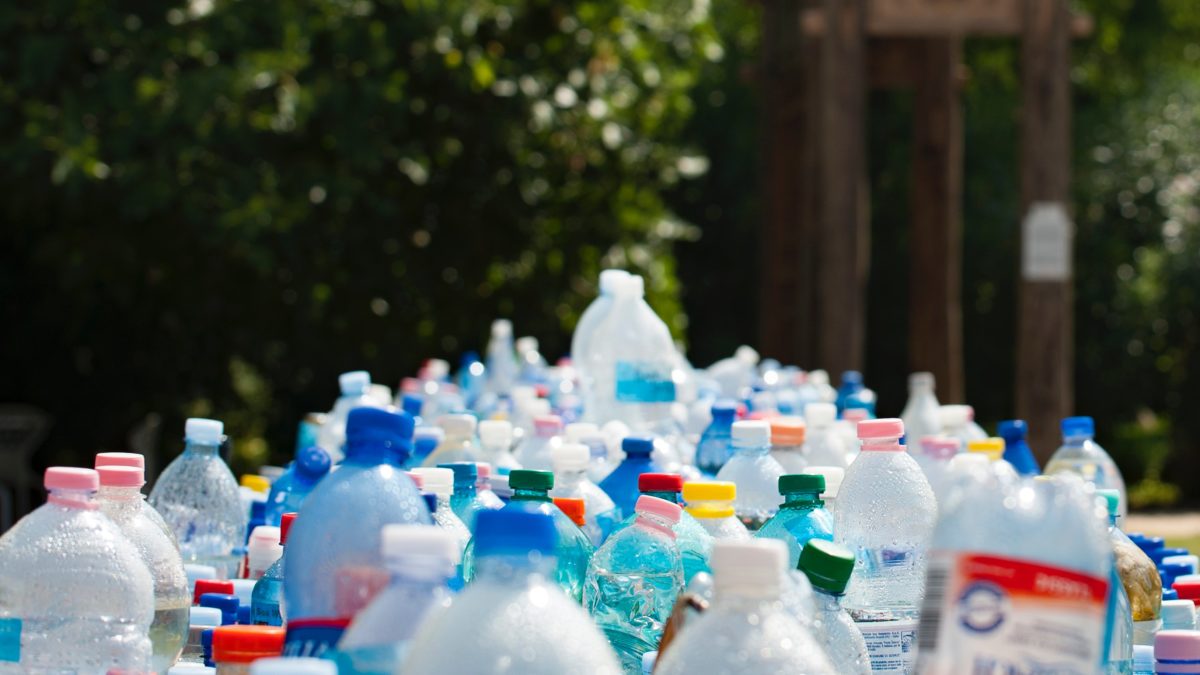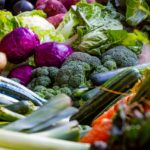People are, on the whole, wasteful – it’s considered part and parcel of modern life. To even
think of reducing your impact on the environment by being mindful of your consumption
and waste is a little daunting, and where do you begin? Reduce, reuse, recycle is the mantra
– but what if you could go one step further? Some smart people have managed to do just
that, by embracing a zero-waste lifestyle.
What’s it about?
The root of zero-waste as a lifestyle is being able to live your life in such a way that you
don’t contribute to landfills, and you don’t use products needlessly. That’s the first of the
three R’s – reduce. The crux of it is being aware of your effect on the environment, and
making a conscious choice to do better.
The first thing you can adjust is your approach to acquiring new things. Question the time
you’ll keep it – are you planning on keeping it for a short amount of time, or is it something
you’ll get a lot of use out of? When you buy anything from a shop, can you take a canvas
bag to carry it home, for example? If it can prevent you from using up new materials then
it’s worth trying, even if it does mean you will be buying a new product. Weighing the pros
and cons of a new purchase means figuring out the value of the single purchase versus if
you had to use something disposable.
It’s only when people begin to work like this that they realise how much waste they do
produce. Organic waste from food, packaging waste, old clothes, packets and
boxes…everyone produces this waste every single day. The first step is to reduce
dependence on these to eventually not need them.
How can I do this?
Luckily, movements like the zero waste lifestyle are becoming vogue. You can find plenty of
resources to get into it without having to think of new initiatives yourself. Bloggers and
vloggers document their experiences living a zero-waste lifestyle, with tips and tutorials
available for anybody who’s interested.
If you don’t want to produce food packaging waste, you need to find a source of products
that you can use your own containers for. Fruit and vegetables are easy, but what about
beans, grains, meat…or anything else that you might want which is in packaging? You could
buy beans dried in jars from somewhere you can refill them, or put meat in a reusable
container – it just takes a little bit of preparation beforehand.
A zero-waste lifestyle involves more than just food. Clothes change season to season, but if
you have something which is in good condition but which you don’t want to use anymore,
donate it. The same goes for buying new clothes – secondhand clothes are perfectly fine
and reduce your impact. Clothes production is one of the most wasteful and
environmentally-unfriendly industries on earth.
Further to clothes, some people go so far as to make their own health and beauty products.
Homemade deodorant powders, homemade toothpastes, and even homemade pampering
beauty products like moisturisers and hair masks all contribute to reducing the plastic waste
that traditional toiletries and beauty packaging entails.
A zero-waste lifestyle is something which is difficult to get started, but which with a little bit
of work can really reduce your impact on the planet – for a good cause and to be a more
sustainable consumer.




